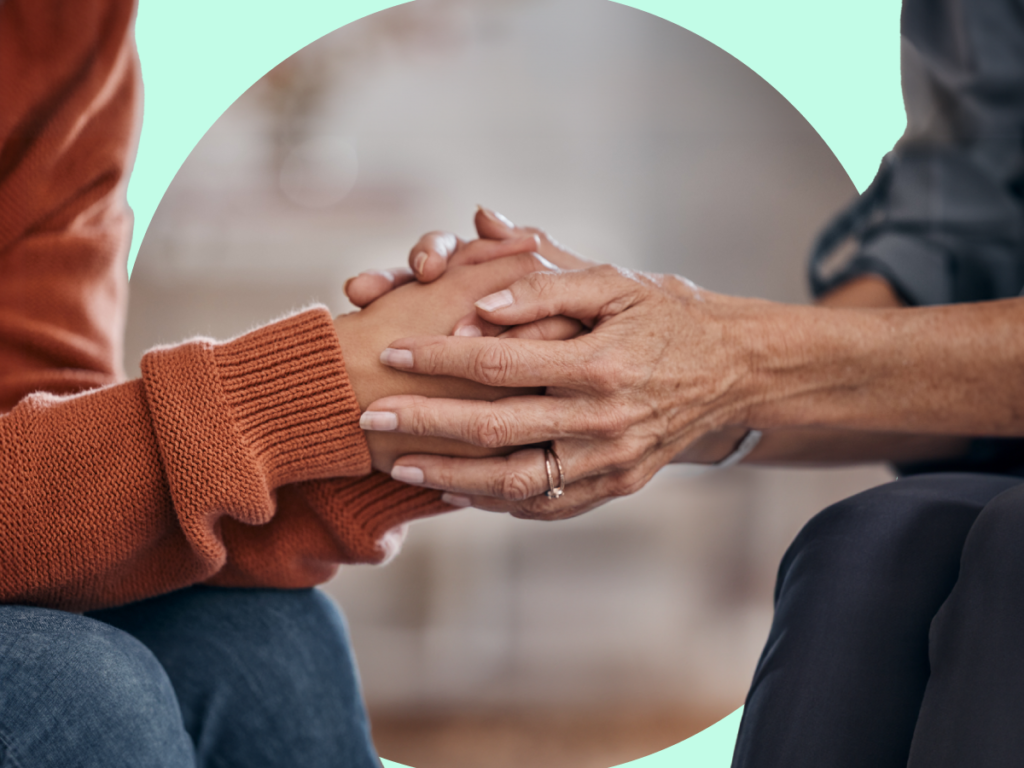Human rights protect people’s right to liberty, life, and freedom. They are based on the Universal Declaration of Human Rights (UDHR) and are characterised by universality, inalienability, indivisibility, interdependence, and non-discrimination. This blog discusses the impact of human rights violations on mental health and well-being. It addresses the need for crucial changes like legal reforms, community-based services, and a shift in societal attitudes.
What Are Human Rights?
Human rights are universal rights and freedoms and include the right to life, the right to freedom, and the right to liberty and security. They emphasise universality, inalienability, indivisibility, interdependence, and non-discrimination. Human rights are universally applicable regardless of nationality, gender, religion, language, or ethnicity. Originating from the Universal Declaration of Human Rights (UDHR) in 1948, these principles are the foundation for subsequent conventions, treaties, and legal instruments. Accountability and adherence to the law require legal entities and individuals to comply with human rights, providing avenues for justice in cases of violations.
The Human Rights Act of 1998 is a legal safeguard in the United Kingdom, ensuring that public authorities treat individuals with equality, dignity, fairness, and respect. The Act includes 16 rights, each referred to as an ‘article’. This legal framework protects all UK residents, including migrants and immigrants, allowing individuals to bring claims against public authorities that fail to uphold their human rights.
What Is Mental Health?
Mental health includes emotional, psychological, and social well-being, shaping thoughts, feelings, and behaviours. It crucially impacts stress management, relationships, and decision-making, with mental and physical health interconnected for overall well-being. For example, depression not only affects mental health but also heightens the risk of physical health challenges like diabetes or stroke.
Different determinants, including individual, social, and structural factors, can promote or compromise mental well-being. Acknowledging the interdependence of mental health and overall health underscores the importance of prevention efforts and adopting a humanised approach through collaboration.
Mental Health Care and Human Rights
Mental health care is integral to the broader human rights framework, with legal instruments emphasising the rights of individuals facing mental health challenges. Every person, regardless of mental health status, has the right to the highest standard of mental health, including accessible and quality care, as well as liberty and inclusion in the community. Unfortunately, individuals with mental health challenges often endure human rights violations, including involuntary admission and discrimination, intensifying their challenges.
The COVID-19 pandemic heightened the urgency for a human rights-based approach to mental health. The reliance on psychiatric institutions, due to the lack of community-based support, has been associated with human rights violations. The root of these violations lies in the historical neglect of mental health in laws and policies. Investing in mental health services is vital to prevent a crisis and address longstanding human rights issues within mental health systems. Meaningful reform requires the involvement of individuals facing challenges in policy-making and the design of mental health services.

Human Rights Violations
Human rights violations take various forms, falling into two main categories: direct violations, where legal entities intentionally breach rights, and indirect violations, stemming from entities’ failure to prevent such infringements. Addressing these concerns is a shared responsibility. Legal authorities bear primary responsibility, but civil society, businesses, institutions, and individuals also play crucial roles. Ongoing efforts focus on collaborative action to prevent violations and safeguard the rights outlined in the UDHR and other human rights instruments.
Violation of Human Rights of People with Mental Health Challenges
There are many cases where individuals facing mental health challenges have been subjected to human rights violations, such as inhumane treatment, abuse, and neglect. The prevailing stigma and discrimination surrounding mental health contribute significantly to societal exclusion, obstructing timely access to crucial care and support necessary for community integration. The violation of human rights for individuals with mental health challenges is a global concern that demands urgent attention. Therefore, countries must perform comprehensive measures to reshape their mental health policies and laws, ensuring alignment with international conventions and laws. This involves fostering autonomy, safeguarding legal capacity, improving social services, and championing community living for individuals with mental health challenges.
Violation of Human Rights in Mental Health Institutions
Within mental health institutions, individuals may enter a system where, despite humane intentions, many face inhumane treatment, abuse, and violence. Systemic issues emerge as neglect, abuse, overuse of medications, and verbal harassment. Human rights violations intensify due to insufficient government allocation to mental health services. Recognising the need for reform, the World Health Organization (WHO) urges a transition to community-based mental health services rooted in human rights-based approaches.
Effects of Human Rights Violation on Mental Health
Experiencing human rights violations significantly impacts mental health and may lead to post-traumatic stress disorder (PTSD) or depression. Violation, restrictive treatment practices and institutionalisation amplify feelings of powerlessness and distress. The failure to address human rights issues contributes to poor outcomes, withdrawing individuals of their fundamental dignity and autonomy. This cycle impacts the ability of individuals to lead fulfilling lives and highlights the urgent need to resolve human rights violations and prioritise the mental health of individuals facing such challenges.
Addressing Human Rights Violations in Mental Health
Promoting the human rights of individuals facing mental health challenges involves aligning laws and policies with globally recognised human rights conventions. Countries must ensure their legal frameworks both protect and promote mental health, with a particular focus on reforms following the adoption of the United Nations Convention on the Rights of Persons with Disabilities in 2006, which recognises that we are all equal regardless of disability.
Improving the quality of mental health services is imperative to prevent human rights violations. Establishing processes to assess and enhance the quality of care is crucial, addressing challenges such as inhuman treatment, poor living conditions, and involuntary admission and treatment. Empowering individuals to file complaints in cases of human rights violations contributes to accountability. Additionally, a vital shift from institutional to community care for mental health service users aims to integrate services, granting equal opportunities in education, employment, social services, and housing.
Changing societal attitudes and raising awareness are essential components of addressing human rights violations in mental health. Increased global investment in mental health, including budget allocation and workforce development, is crucial to ensuring access to quality services, prioritising recovery and respecting human rights.
LD Network is a Dedicated Advocate of Human Rights
Central to LD Network‘s commitment is promoting freedom, respect, and dignity for every person we serve. In line with this mission, LD Network collaborates with healthcare providers dedicated to safeguarding and following human rights. These partnerships extend to providers specialising in supporting individuals with learning disabilities, mental health challenges, autism, and complex care needs. By fostering such collaborations, LD Network ensures its mission aligns with broader efforts in the healthcare community to uphold human rights.
Beyond advocacy, LD Network provides clinicians specially trained in diversity and human rights. This ensures the expertise and sensitivity required to provide dedicated and inclusive care to individuals. Choosing our trained professionals helps healthcare providers deliver a more comprehensive and person-centred approach to support.
For clinicians, join us in creating an environment that prioritises the unique needs of each person we serve. Be part of a healthcare community committed to promoting dignity, respect, and empowerment for all.
If you’re a healthcare provider, contact our Exeter office to discuss a partnership for staffing solutions and positive change in your approach to care.
Contact us today.











